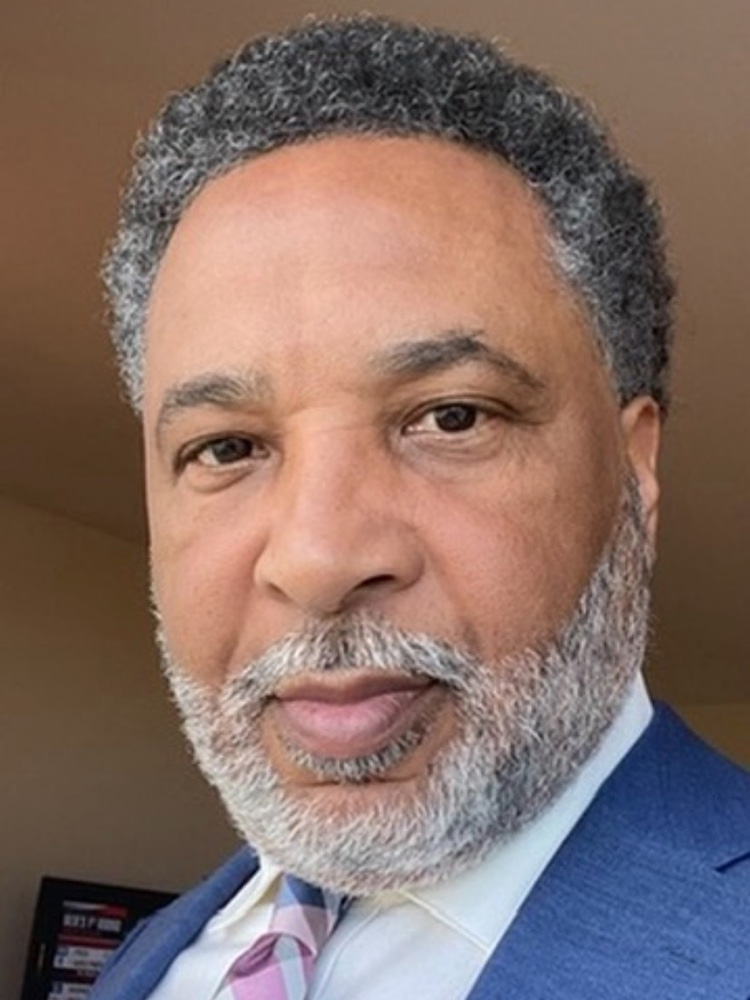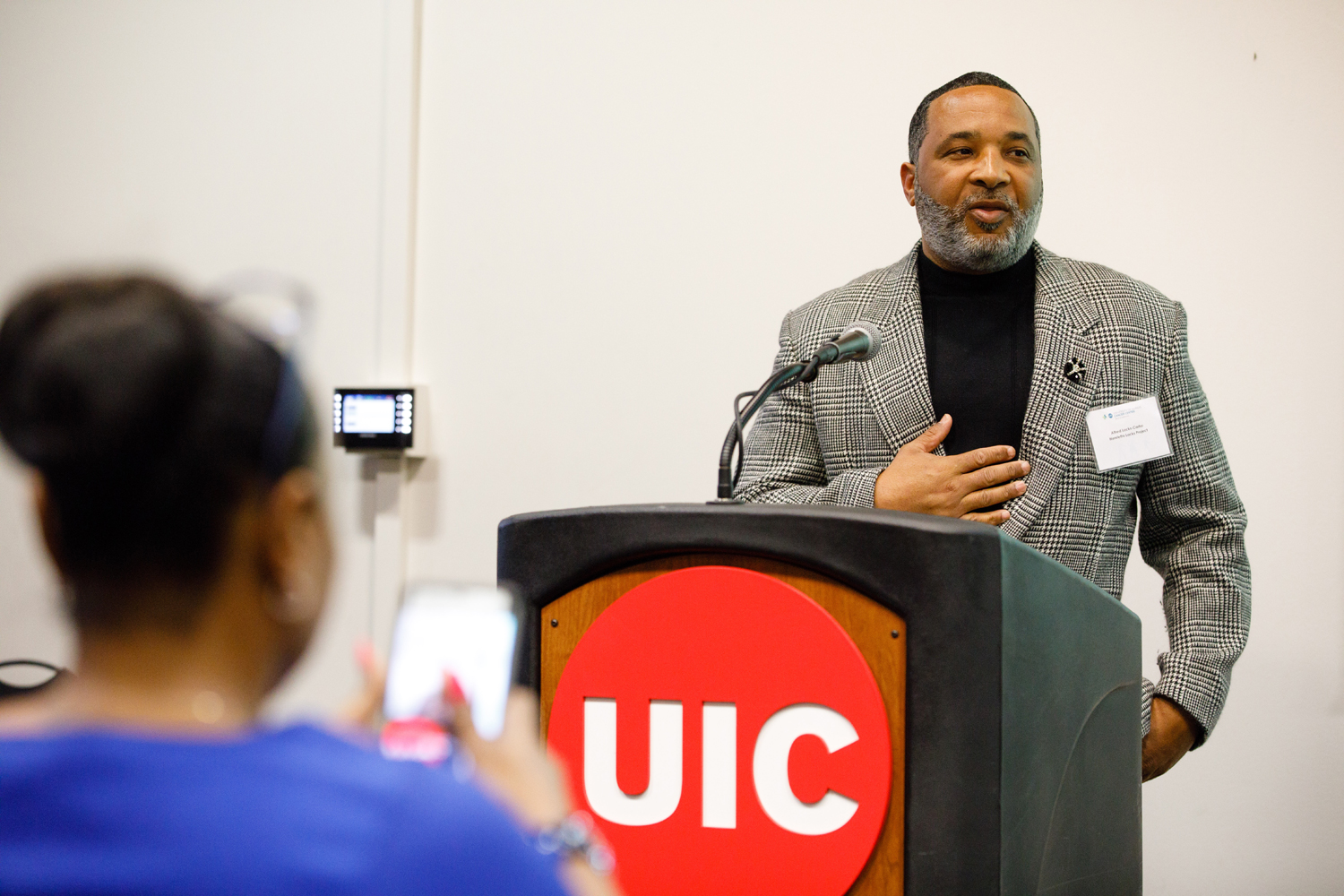ALFRED LACKS CARTER JR. is on a mission to foster “health intelligence” in communities of color.
Carter comes from a family where the importance of understanding your health care has a special resonance: His grandmother was Henrietta Lacks, a cervical cancer patient whose cells were harvested and cultured without her knowledge. Lacks’ cells, called HeLa cells after the first two letters of her first and last names, are still used in medical research.
In the years since learning about the use of HeLa cells in research, the Lacks family has worked to educate people about the impact of these cells and promote access to quality health care in underserved communities, including through the Henrietta Lacks House of Healing (HeLa House), which was founded by Carter and where he serves as CEO.

Alfred Lacks Carter Jr.
“I want people to understand that health intelligence is key,” he says. “I want my organization to go into communities and convey that point and to help people save their lives.”
Henrietta Lacks was a young mother of five when she was diagnosed with cervical cancer at Johns Hopkins Hospital in Baltimore. Despite receiving radiation treatment, Lacks died of her disease on Oct. 4, 1951, at 31 years old, just eight months after her diagnosis. Before her death, however, researchers removed some of her cervical cancer cells and cultured them without the family’s knowledge, which was a common practice at the time. Scientists had tried to grow cell lines in the lab for study in the past, but the cells hadn’t survived very long. Lacks’ cells did survive and multiply, and they’re still used in research, including in the development of vaccines for polio and COVID-19 among countless other breakthroughs.
The Lacks family didn’t find out about the use of Henrietta’s cells for research until the 1970s, nor did they learn that researchers published the DNA sequence of HeLa cells in 2013 until after its release. Bioethicists and patient advocates expressed concerns that the Lacks family’s privacy had been violated.
Later that year, the National Institutes of Health (NIH) and the Lacks family agreed that NIH-funded researchers who sequenced HeLa cell lines would be required to submit their data to a limited-access database and that a review board including Lacks family members would evaluate applications from scientists who wanted to use the data in their research.
Carter is an advocate for ethical scientific research, whereby people fully understand studies they agree to take part in and give their informed consent to participate. Carter says the cells from his grandmother, who was Black, “were wrongfully taken from Henrietta Lacks, … and we know we’re not the only ones that this has been unfairly done to.”
Carter says improving health intelligence requires what he terms “descientification,” presenting health information and concepts in plain English rather than medical jargon. “That’s what health intelligence is all about and why we need descientification to make it simple, because when doctors and scientists hold a conversation with everyday normal people, a lot of the terms they use go over the layperson’s head.”
“The mission of HeLa House is really to promote the story of Henrietta Lacks, and to preserve her legacy and help others become more health intelligent,” he says. “Our organization specializes in getting the good word to the community through public events, where we bring MDs and PhDs together with us to get down to the nitty gritty of the issues.” Carter says the organization also promotes organ and tissue awareness as a way to be “immortal like Henrietta Lacks.”
The Lacks family has worked with the NIH, World Health Organization (WHO) and Morehouse College, a historically Black college in Atlanta, to promote Lacks’ story and legacy. Carter spoke at a 2021 event discussing Henrietta Lacks’ life and legacy held at WHO headquarters in Geneva, Switzerland, and has collaborated with Morehouse School of Medicine to honor Lacks and gynecologic oncologist Roland Pattillo of Morehouse, who established an annual HeLa Women’s Health Conference there.
In 2024, Johns Hopkins, where Lacks was treated, broke ground on a building named after her that will promote community-based medical research and research ethics.
Cancer Today magazine is free to cancer patients, survivors and caregivers who live in the U.S. Subscribe here to receive four issues per year.





